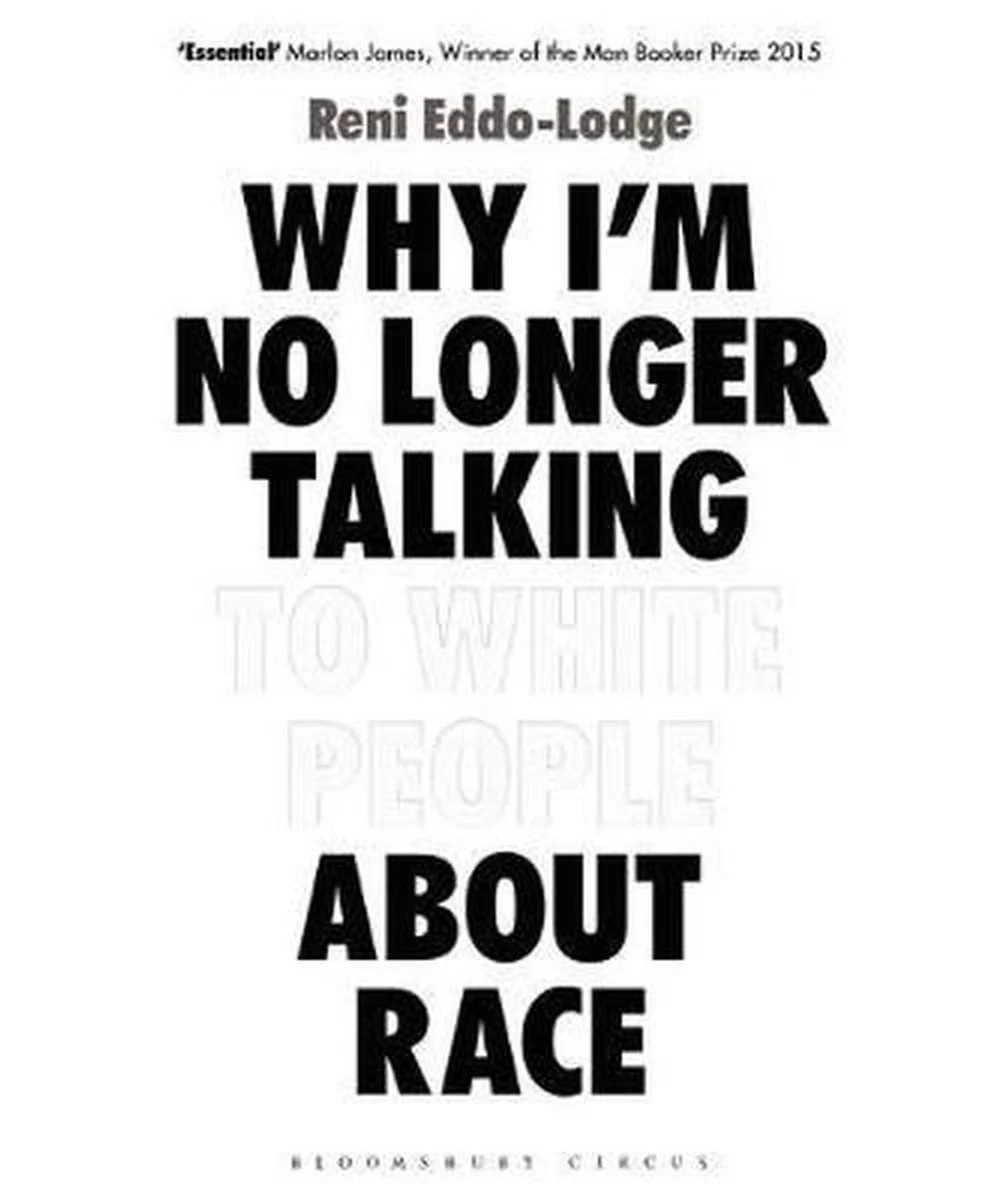Book Review: Why I’m No Longer Talking to White People About Race by Reni Eddo-Lodge
A blistering, clear-eyed confrontation with Britain’s racial amnesia
Reni Eddo-Lodge’s Why I’m No Longer Talking to White People About Race doesn’t softly start a conversation. It forcefully demands attention—and deservedly. Combining history, cultural analysis, and personal thought, the book challenges readers to face both obvious racism and the hidden systems that keep white supremacy disguised as neutrality.
The phrase “We are here because you were there” captures the core of Eddo-Lodge’s exploration of Britain’s colonial past.
She reveals how the country’s history deliberately excludes the colonial experience, not by chance, but as a willful act to avoid facing uncomfortable truths. This omission preserves a comfortable national identity at the cost of true understanding. But this is no mere history lesson. Eddo-Lodge turns a piercing gaze on the present. On performative activism, she writes: “Solidarity is empty if it’s only for show.” It’s a sobering reminder that social justice cannot be reduced to slogans, hashtags, or carefully curated allyship. True solidarity, she argues, requires sacrifice, reflection, and an active willingness to confront privilege.
Her analysis of feminism is particularly cutting. She calls out “white feminism” as a movement that too often refuses to engage with race, instead hiding behind the myth of color-blindness. “'I don't see race'” becomes, in her words, not a virtue but a form of erasure—one that renders women of color invisible within their own struggles.
Eddo-Lodge’s critique of misogyny, especially as it relates to Black women, is one of the most powerful threads in the book, she writes:
“Bossy is ugly, and of course, the worst thing a woman could ever be is ugly. As Black women, our Blackness already situates us further along the ugliness scale. God forbid we be fat.”
This is not simply about beauty standards—it’s about dehumanization, expectation, and control. In challenging these toxic norms, she exposes the way Black women are policed twice over—by gender and by race.
When tackling whiteness, Eddo-Lodge makes one of her most revealing observations:
“White people are so used to seeing a reflection of themselves in all representations of humanity at all times, that they only notice it when it’s taken away from them.”
It’s a statement that explains so much of the discomfort surrounding discussions of diversity—not because inclusion is a threat, but because exclusion is a mirror white people are unaccustomed to facing.
The book also delves into the realities of immigration and class with piercing clarity. Eddo-Lodge writes:
“Immigration blamers encourage you to point to your neighbour and convince yourself that they are the problem, rather than question where wealth is concentrated in this country.”
Here, she shifts the focus away from scapegoating and onto the broader structures of inequality—reminding us that racism is always a distraction from who really holds the power.
Finally, perhaps the most damning line in the book is this:
“It seems there is a belief among some white people that being accused of racism is far worse than actual racism.”
It is this inversion of harm that she insists must be dismantled—where discomfort is treated as violence, and real violence is downplayed, denied, or dismissed.
Why I’m No Longer Talking to White People About Race is a courageous, unflinching examination of race in Britain that resonates globally. It’s not just a book about racism—it’s about denial, discomfort, and the systems that allow inequality to persist under the guise of civility. Eddo-Lodge does not offer easy answers. She demands a deeper conversation—and more importantly, a commitment to action.
This is required reading for anyone who claims to care about justice, equity, and truth. For those in leadership, in education, in retail, or in media—it’s a mirror we must not look away from.

